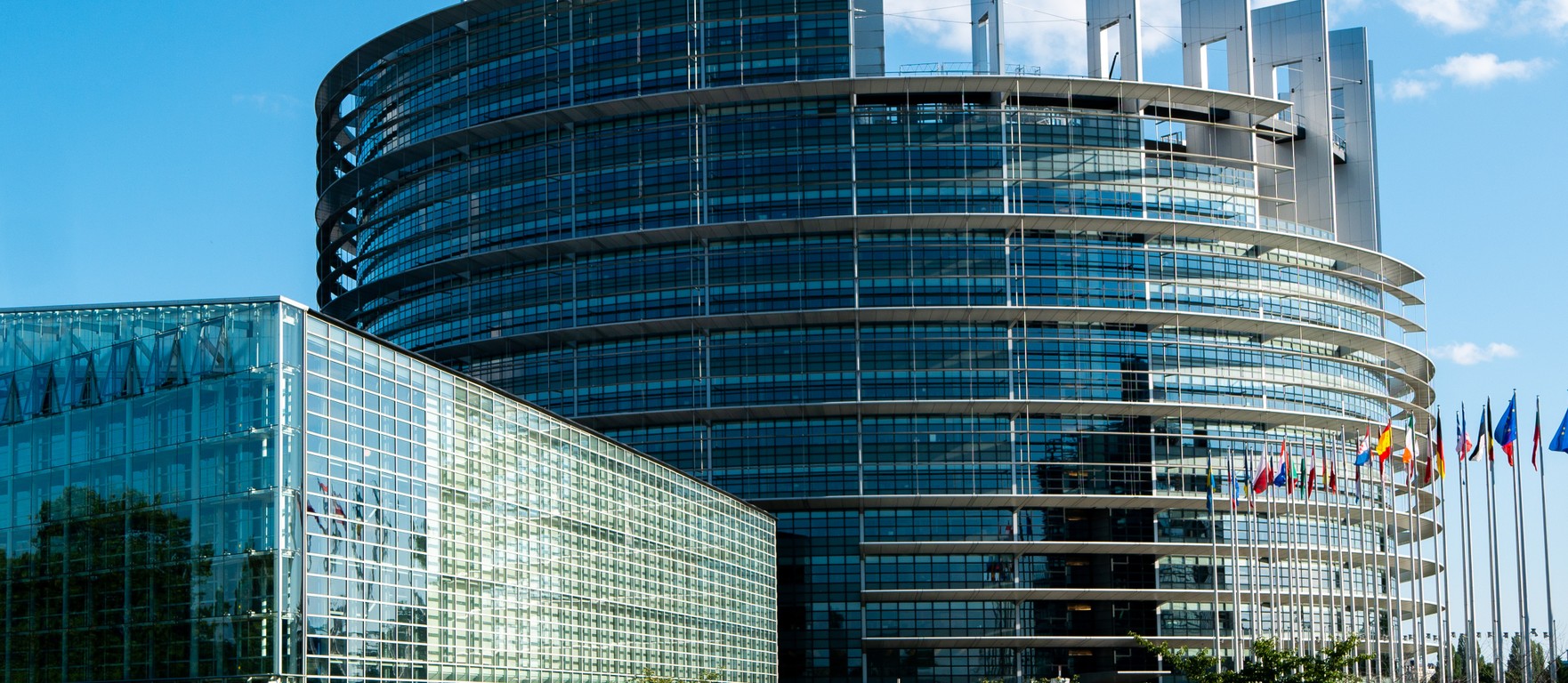
The EU might face an expectation management challenge over Ukraine
31. 03. 2022 – Lomond
Last month, the EU published the results of its Autumn 2021 Eurobarometer survey of public opinion across the EU. The survey was carried out between 1 November and 2 December 2021 in all 27 member states and focused in particular on attitudes to the European Parliament.
Reading the results now following the Russian invasion of Ukraine, one of the questions seems particularly pertinent. Respondents were given a range of different topics and were asked which they would like to see addressed as a priority by the European Parliament. One of the options was “The EU’s defence and security, including the protection of the EU’s external borders”.
It probably shouldn’t come as a surprise that the top half of the table on this question was dominated by countries in Central & Eastern Europe – indeed, seven out of the top 11 countries share a border with either Russia or Ukraine:

Interestingly, all bar three of the countries in the top half of the table are NATO members – yet the general public in those countries still also saw a strong defence and security role for the EU.
The issue for the EU is that there is a lot of crossover between the countries which would like to see the European Parliament prioritise defence and security and those which, overall, have a poor view of the European Parliament (which, for most respondents, we can probably take as an opinion on the EU as a whole):

Of the CEE member states, five countries – the Czech Republic, Slovakia, Latvia, Lithuania and Estonia – all appear near the top of the list when it comes to prioritising defence and security, but close to the bottom of the list when it comes to the overall opinion of the European Parliament. In these countries, this suggests that the EU’s response to the war in Ukraine could be pivotal in terms of longer-term attitudes towards to the EU, and that therefore puts a lot of pressure on the EU to deliver.
Happily, the consensus across CEE so far – at least anecdotally – is that the EU has risen to the challenge since the start of the war, responding quickly and decisively to help coordinate the western response (in contrast to the COVID pandemic, when it struggled to act in a similar fashion).
But further down the line, depending on how the war in Ukraine develops, it might face an expectation management challenge in some of the most Eurosceptic CEE markets – where attitudes could change very quickly.